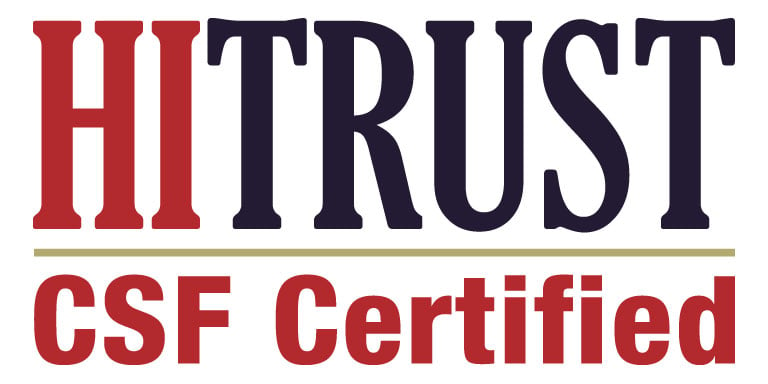
The drive to value-based care has become a significant issue for biopharma companies as more health plans request value-based contracts. According to McKinsey, over 200 of these innovative contracts have been publicly disclosed since 1994¹. The buzz around the biopharma industry is that these value-based contracts are the wave of the future. Although this trend is likely to continue in the immediate future, the shift to these types of contracts may not survive in the long term. Precision medicine may make them obsolete.
Types of innovative biopharma contracts
The two most prevalent types of innovative contracts involving biopharma are those involving sharing of financial risk and those based on patient care outcomes. Financial risk contracts are set up to provide better cost expectations for payers, providers and health plans. Aspects of these contracts include volume-based spending caps and fixed rates per patient. Outcome-based contracts tie the cost of a drug to a metric that tracks the efficacy or cost of care of the drug in practice.
Currently biopharma companies need to go through an extensive evaluation process when crafting these contracts. They need to determine whether the drug produces outcomes for patients that are measurable, meaningful and timely.
Measurable outcomes must be able to be assessed in an electronic database in a codifiable way. Manual checking of charts to get these measurements is not conducive to value-based contracts. To be meaningful, the metric has to be something that moves the dial in a significant way when it comes to a patient’s health outcomes. The real challenge is making these metrics timely. Since outcomes rarely take place in a short period of time, it is difficult to incorporate those metrics into annual contracts. Establishing a value-based contract is even more problematic since prior to a drug’s launch there is no real-world evidence to project how the drug will perform for patient’s day in day out.
Eliminating risks with precision medicine
The reality underpinning all of these novel contract models is that drugs that have been developed don’t work for every patient. That means there is a tangible risk that health plans will spend a significant amount covering a drug as a line of therapy, but not all of its members will respond positively to it. Value-based contract models aim to share the risks between the biopharma companies developing the drugs and the health plans that pay for them.
But what if there were no risks? What if biopharma could develop drugs for specific populations that they knew would respond positively to a specific medication? That would eliminate the risk, ensure positive outcomes for patients and eliminate the need for risk-based or outcome-based contracts.
That is the promise of precision medicine and the reality of implementing it in the real world is closer than previously imagined. Advances in artificial intelligence, growing computing power, robust data and increased use of machine learning is driving the adoption of precision medicine which identifies the right therapy for the right patient at the right time. This is a crucial step toward reaching the goal of risk-free drug development. There are challenges and obstacles along the way, but using causal machine learning, researchers can now develop drugs with the genetic and biological characteristics of specific sub populations in mind.
The amount and quality of data from multiple sources combined with powerful AI and causal machine learning enables researchers to make new discoveries that were impossible only a few years ago. AI allows them to understand the underlying mechanisms of action of a particular drug and how diseases progress, both critical to discovering which patients will benefit.
The ability of AI to identify and interpret the genetics driving the disease of a single patient or group of patients is key to eliminating the risks from drug development. Leveraging the growing power of AI to drive precision medicine ensures efficacy, eliminates risk and enables biopharma and health plans to jointly price drugs appropriately for groups that have proven to respond positively.
As researchers and technology continues to advance, successfully incorporating precision medicine into drug development becomes closer to reality. Ultimately, it will make value-based contracts for biopharma just a stop on the journey and not the final destination.
[1] Innovative Pharma Contracts: When do Value Based Arrangements Work? By Arnaub Chatterjee, Casey Dougan, BJ Tevelow, and Amir Zamani, McKinsey and Company article October 2017.

